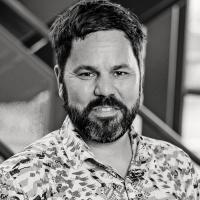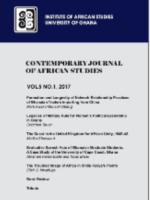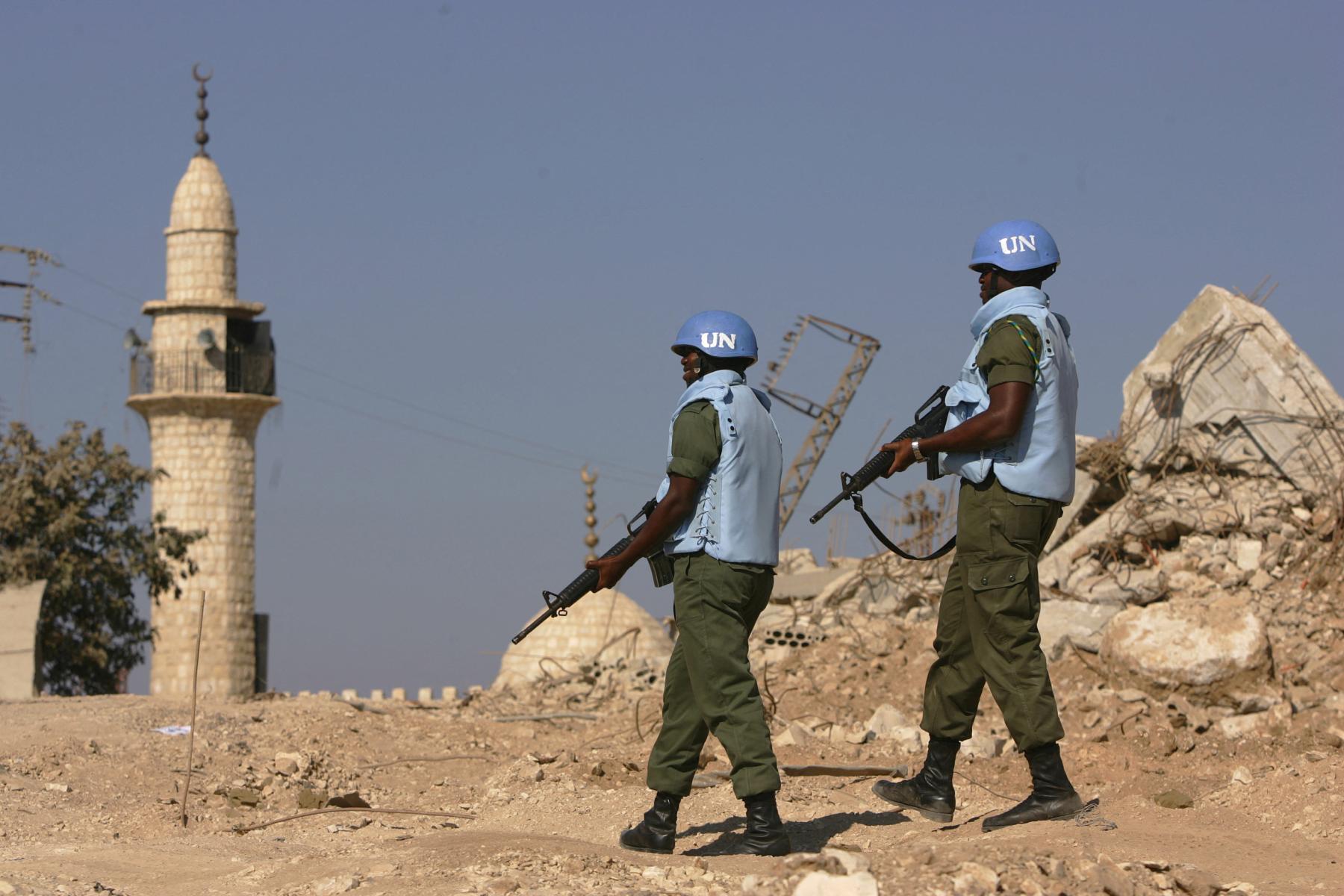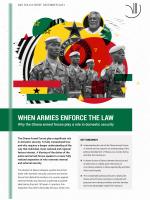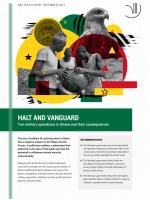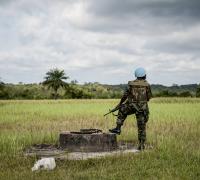New research uncovers a paradox about the Ghana Police Service
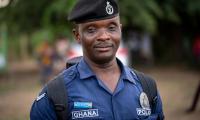
Interview with Dr Festus Aubyn by Marie Barse
In a new study, Dr Festus Aubyn investigates a paradox: when the Ghana Police Service is operating at home it is broadly seen as corrupt, but when it participates in UN missions it is praised for its professionalism.
“Earlier I did research on the peacekeeping mission in Darfur, and I was struck by the fact that Ghanian police officers were highly liked by the locals and applauded by colleagues and leaders in the mission. Because I knew myself that at home the same police often are unpopular and considered corrupt,” says Aubyn, who is a Regional Coordinator in the West Africa network for Peacebuilding, and formerly a researcher with the Kofi Annan International Peacekeeping Training Centre.
So, in collaboration with Danish researchers from DIIS he decided to investigate how the different contexts at home and abroad influence police work. His study points to three major differences between the domestic context and the context of UN missions.
The new study sheds light on the challenges the police face. It may help to strengthen their skills as officers in Ghana and make them more accountable.
Legal framework for policing is rooted in colonial structures
Number one is the different legal frameworks under which the police work at home and in missions, which have deep political implications. The Ghana Police Service was established before independence, primarily to enforce colonial authority and interests, not to protect the population, explains Aubyn:
“There still hasn’t been a true abrogation of past policing practices and structures which means that the police’s role today still is to protect those in power.”
In addition, the legal framework of the police in the 1992 constitution mandates the president to appoint and promote leaders in the police service, while the police council is headed by the vice-president.
“This also means that the police leadership can and will be fired if the president finds them to be disloyal. For police officers, disloyalty can be punished with a delay of promotion or posting to a remote area. At the same time, it is also the case that loyalty to politicians in power is rewarded with promotions,” Aubyn says.
Dr Aubyn’s study is based on interviews with more than 50 police personnel, former peacekeepers, citizens and experts in Accra, Tamale, Yendi and Tolon in Ghana and police officers who served in UN missions in Haiti, Sudan and South Sudan.
The aim of the study is to understand how the different contexts of domestic policing and UN missions influence police work.
One of the senior police officers interviewed for the study explains it in the following way:
“They do not care whether the person is qualified or not. Members of vigilante groups are […] recruited without proper background checks and qualifications. Can you imagine that some are even mentally unstable, and others cannot […] express themselves in English? When they join the service, their loyalty is to the ruling government and the politicians who brought them [in] and not to the Ghana Police Service. Some of them become so powerful that you cannot handle them due to their strong political backing.”
This also means that the police are used to oppress the opposition and political opponents and arrest people who act against the sitting government.
In peacekeeping missions, the mandate is much clearer and based on the UN charter that typically focuses on protecting the population and capacity-building of the host country’s own police force. UN missions are not faultless, but because the role of the police is limited and detached from overt political control, appearing professional is less of a challenge:
“Keeping to the mandate and doing good police work is rewarded with promotions or an invitation to participate in future missions which pays up to four times more than domestic police work. So, there is a context that promotes professionalism and an incentive to do a good job,” says Aubyn.
Lack of resources
Availability of resources is the second significant difference between domestic policing and peacekeeping missions. From the perspective of Ghanaian police officers, UN missions are well-equipped, well-paid and well-staffed. This is in contrast to domestic policing, in which underfunding affects officers’ ability to perform their duties effectively:
“In Ghana there is not enough police personnel, sometimes a police department doesn’t even have a functioning office. They lack cars and motorbikes which affect their timely response to crimes,” explains Aubyn.
Conflict with religious and traditional practices
The third significant difference between doing police work in Ghana and abroad is the volatile relationship between police officers and traditional authorities in some areas of Ghana.
“In a peacekeeping mission the police enter more neutral ground where there commonly is less negative bias towards the officers compared to back home where they often have to navigate in areas with local rules that are upheld by traditional leaders or religious authorities,” says Aubyn.
Especially in the northern regions of Ghana, people depend on the traditional justice system to solve their problems and restore peace, as one community member expressed:
“[…] it appears [that] the chiefs are competing with the police for power and jurisdiction over certain matters. The chiefs see the police [as] under them and therefore expect them to respect their decisions to deal with cases in their communities. Some think that the police are taking over their daily bread because people present money, sheep, and cows to the palace when they default in cases being adjudicated by the chief.”
Reform needed
Lack of resources to do policing, clashes with traditional authorities and a police service that is rooted in colonial structures to protect those in power instead of the population are the most important explanations of why police officers in Ghana perform poorly at home and are praised for their professionalism in UN missions.
What will it take to change this? Aubyn has no doubt:
“Most importantly the police need to become independent of the politicians in power. We need a serious reform of the police so that the primary objective and task is to protect the population, not the government. The problem is that the politicians do not necessarily have an interest in such a change. So, the pressure must come from civil society and citizens. And for that to happen people need to have the knowledge about the conditions under which the police operate today.”
DIIS Experts
